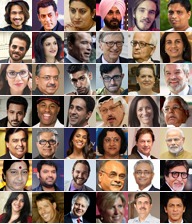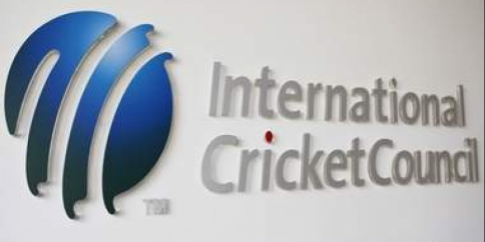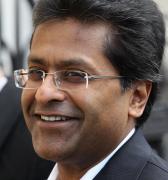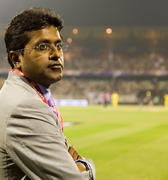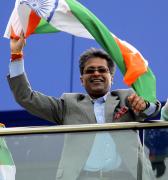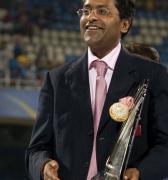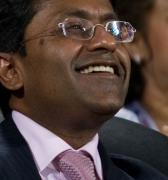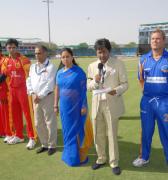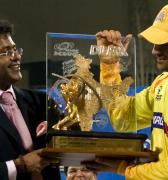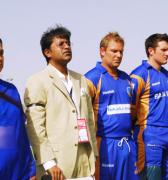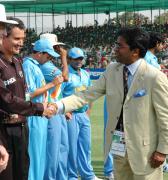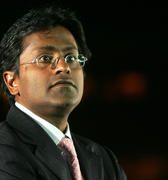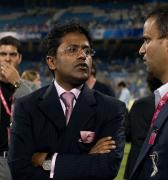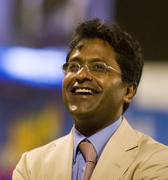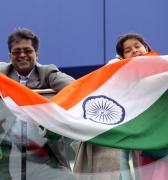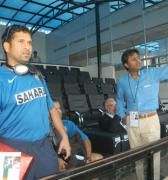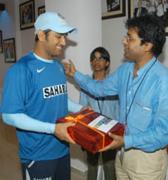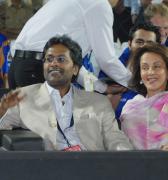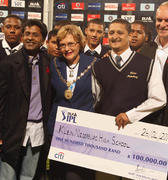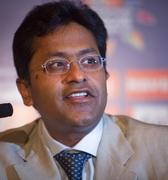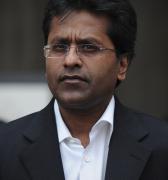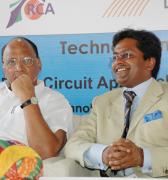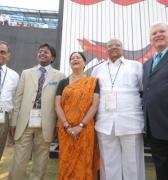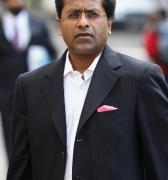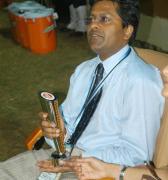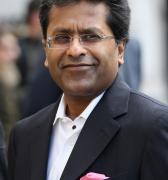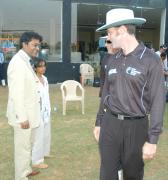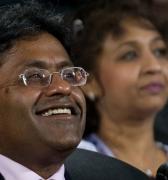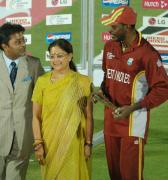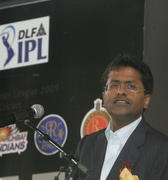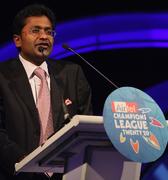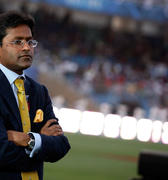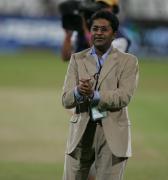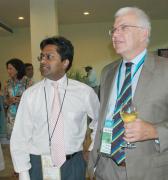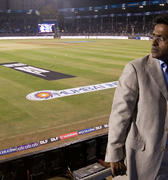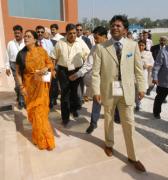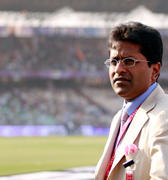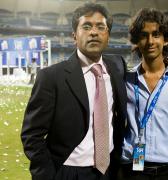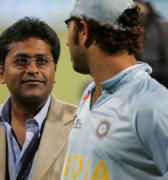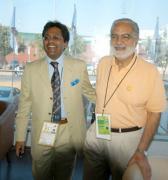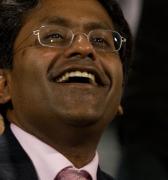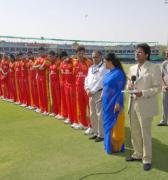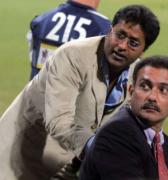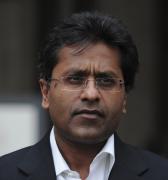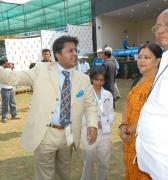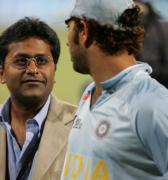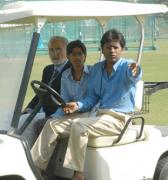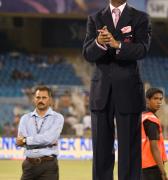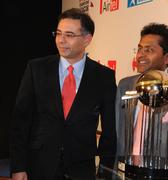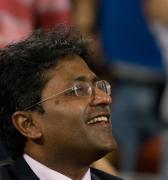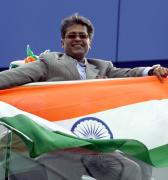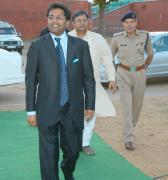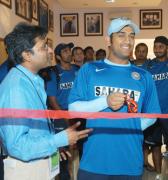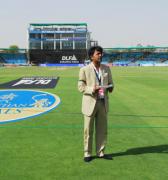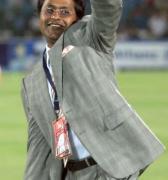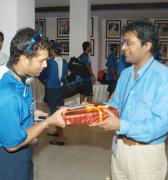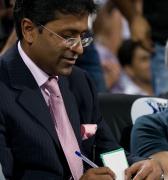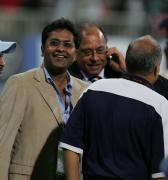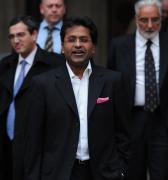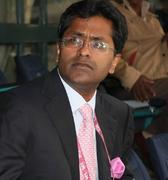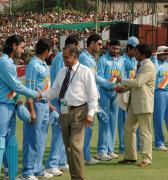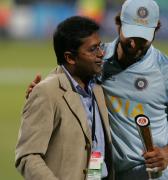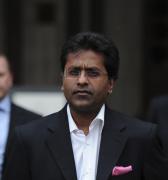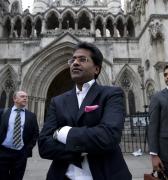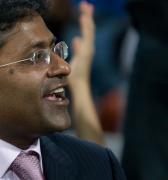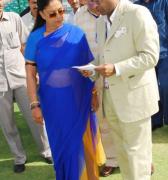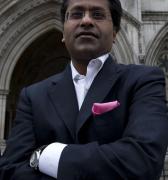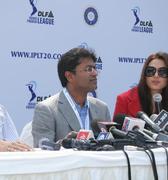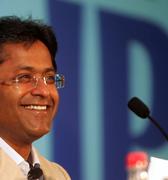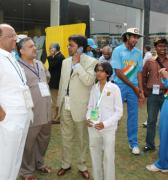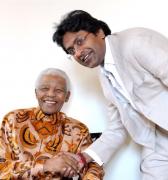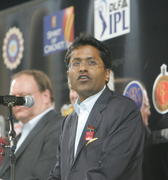Boards unite to defy ICC on key issues
Wednesday 15 January 2020
Boards unite to defy ICC on key issues
The chances of BCCI regaining lost territory at International Cricket Council as early as possible seems becoming stronger
The chances of BCCI regaining lost territory at International Cricket Council (ICC) as early as possible seems becoming stronger. The bigwigs of BCCI and its former chief N Srinivasan met the representatives of Cricket Australia (CA), England and Wales Cricket Board (ECB), New Zealand Cricket (NZC) and Cricket South Africa (CSA) in Mumbai on Sunday and Monday. It is learnt that efforts have been made to alter the existing financial model of the ICC.
Among those present in the meeting, only CSA is yet to commit to the proposal and will decide only when they are presented with a clearer picture regarding their share. But NZC, which opposed the ‘Big Three’ financial model in 2014, is now ready to join these boards as they look to make a formal push at the next ICC general body meeting in June. The change of stance on part of NZC is not surprising, as it is currently suffering losses. But thanks to its cricket team, which is punching above weight, other boards are now more willing to accommodate them in their calendar which will benefit the Kiwi board.
As per the existing model (2015-2023), where the ICC revenues are expected to be between $2.5 and $3 billion, BCCI wanted $570 million, but with a Supreme Court-appointed panel running affairs, it had to settle for $405 million. Since electing office-bearers in October, the BCCI has made its intentions clear that it wants a bigger share of the pie.
During the meeting over the last few of days, BCCI apart from making its intentions clear, is understood to have come up with an alternate model where the other boards can also see a rise in revenue. With the next cycle beginning from 2023 and running till 2031, these boards are ready to fight with ICC. Apart from opposing the future tours programme, the four will not sign the members playing agreement with the ICC, which is looking to add more global events to its calendar. Instead, the four want a more structured FTP which will have equal importance for all three formats.
Even with regards to ICC events, namely the World Cup, the idea is to keep the 50-over event to 10 teams. Despite oppositions, the World Cup in England turned out to be the most competitive in the recent past. The boards feel there is no reason to change this format. But with regards to the T20 World Cup, which is a 16-team event now, there is a strong chance of ICC increasing it to 20 from the 2024 edition.
As the new FTP for 2023-31 is being drawn, ECB and CA are understood to be pushing for a separate window for their own T20 tournaments. The ECB wants a slot for The Hundred and so does CA for Big Bash. They are understood to have proposed this to the BCCI as that may also help them get Indian players in these leagues. The BCCI as per policy and to keep brand IPL intact doesn’t allow any of its domestic/international players to feature in any other T20 leagues unless they are retired.
The chances of BCCI regaining lost territory at International Cricket Council (ICC) as early as possible seems becoming stronger. The bigwigs of BCCI and its former chief N Srinivasan met the representatives of Cricket Australia (CA), England and Wales Cricket Board (ECB), New Zealand Cricket (NZC) and Cricket South Africa (CSA) in Mumbai on Sunday and Monday. It is learnt that efforts have been made to alter the existing financial model of the ICC.
Among those present in the meeting, only CSA is yet to commit to the proposal and will decide only when they are presented with a clearer picture regarding their share. But NZC, which opposed the ‘Big Three’ financial model in 2014, is now ready to join these boards as they look to make a formal push at the next ICC general body meeting in June. The change of stance on part of NZC is not surprising, as it is currently suffering losses. But thanks to its cricket team, which is punching above weight, other boards are now more willing to accommodate them in their calendar which will benefit the Kiwi board.
As per the existing model (2015-2023), where the ICC revenues are expected to be between $2.5 and $3 billion, BCCI wanted $570 million, but with a Supreme Court-appointed panel running affairs, it had to settle for $405 million. Since electing office-bearers in October, the BCCI has made its intentions clear that it wants a bigger share of the pie.
During the meeting over the last few of days, BCCI apart from making its intentions clear, is understood to have come up with an alternate model where the other boards can also see a rise in revenue. With the next cycle beginning from 2023 and running till 2031, these boards are ready to fight with ICC. Apart from opposing the future tours programme, the four will not sign the members playing agreement with the ICC, which is looking to add more global events to its calendar. Instead, the four want a more structured FTP which will have equal importance for all three formats.
Even with regards to ICC events, namely the World Cup, the idea is to keep the 50-over event to 10 teams. Despite oppositions, the World Cup in England turned out to be the most competitive in the recent past. The boards feel there is no reason to change this format. But with regards to the T20 World Cup, which is a 16-team event now, there is a strong chance of ICC increasing it to 20 from the 2024 edition.
As the new FTP for 2023-31 is being drawn, ECB and CA are understood to be pushing for a separate window for their own T20 tournaments. The ECB wants a slot for The Hundred and so does CA for Big Bash. They are understood to have proposed this to the BCCI as that may also help them get Indian players in these leagues. The BCCI as per policy and to keep brand IPL intact doesn’t allow any of its domestic/international players to feature in any other T20 leagues unless they are retired.
(Courtesy The New Indian Express)

ICC lacks strong leadership in current times: ex-CEO Lorgat
The former ICC boss said barring Khawaja's peace slogans on shoes showed ICC lacked consistency in applying its rules
Waugh warns cricket boards for ignoring Test cricket
Australia Great Warns ICC, BCCI Over 'Irrelevant Legacy'



